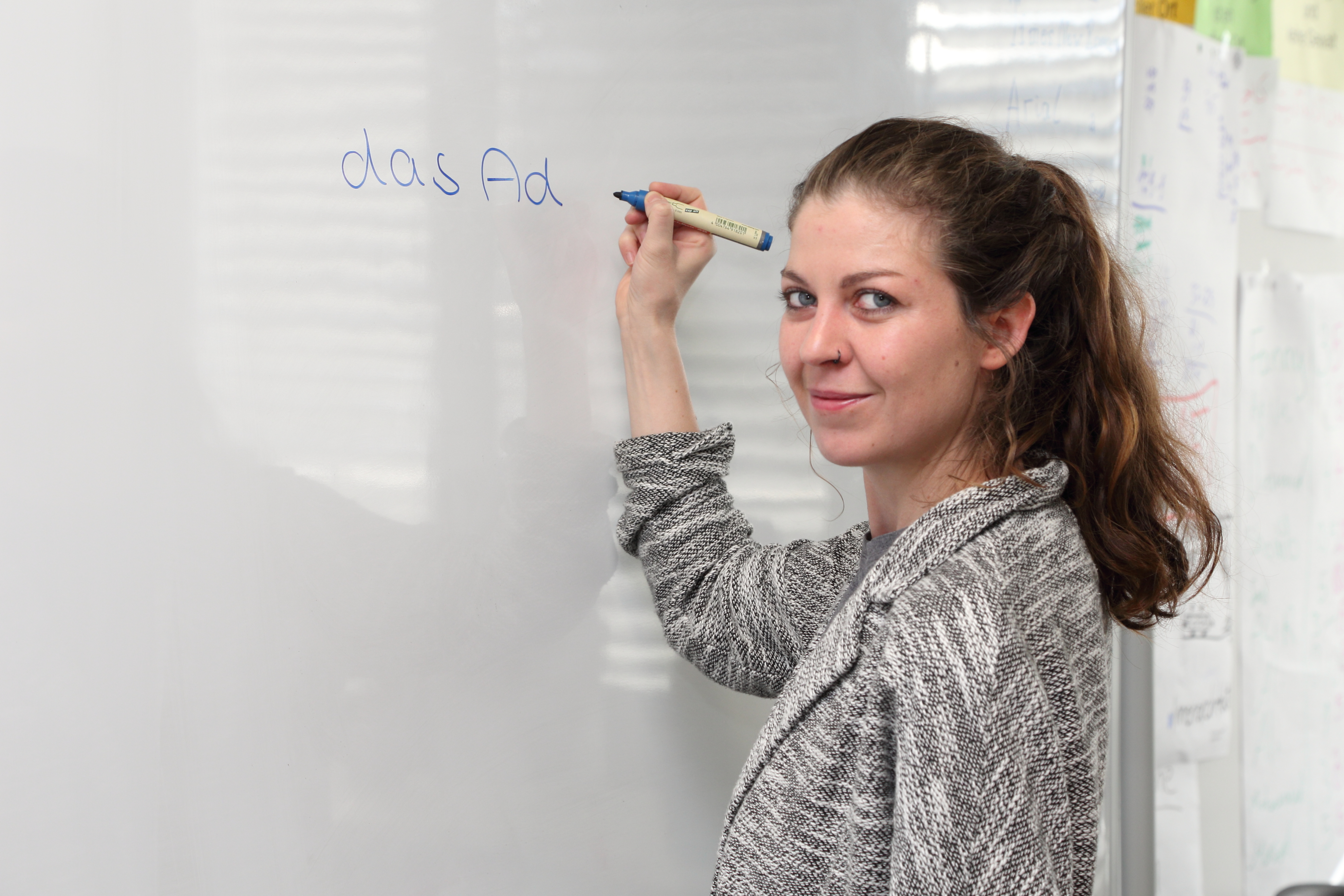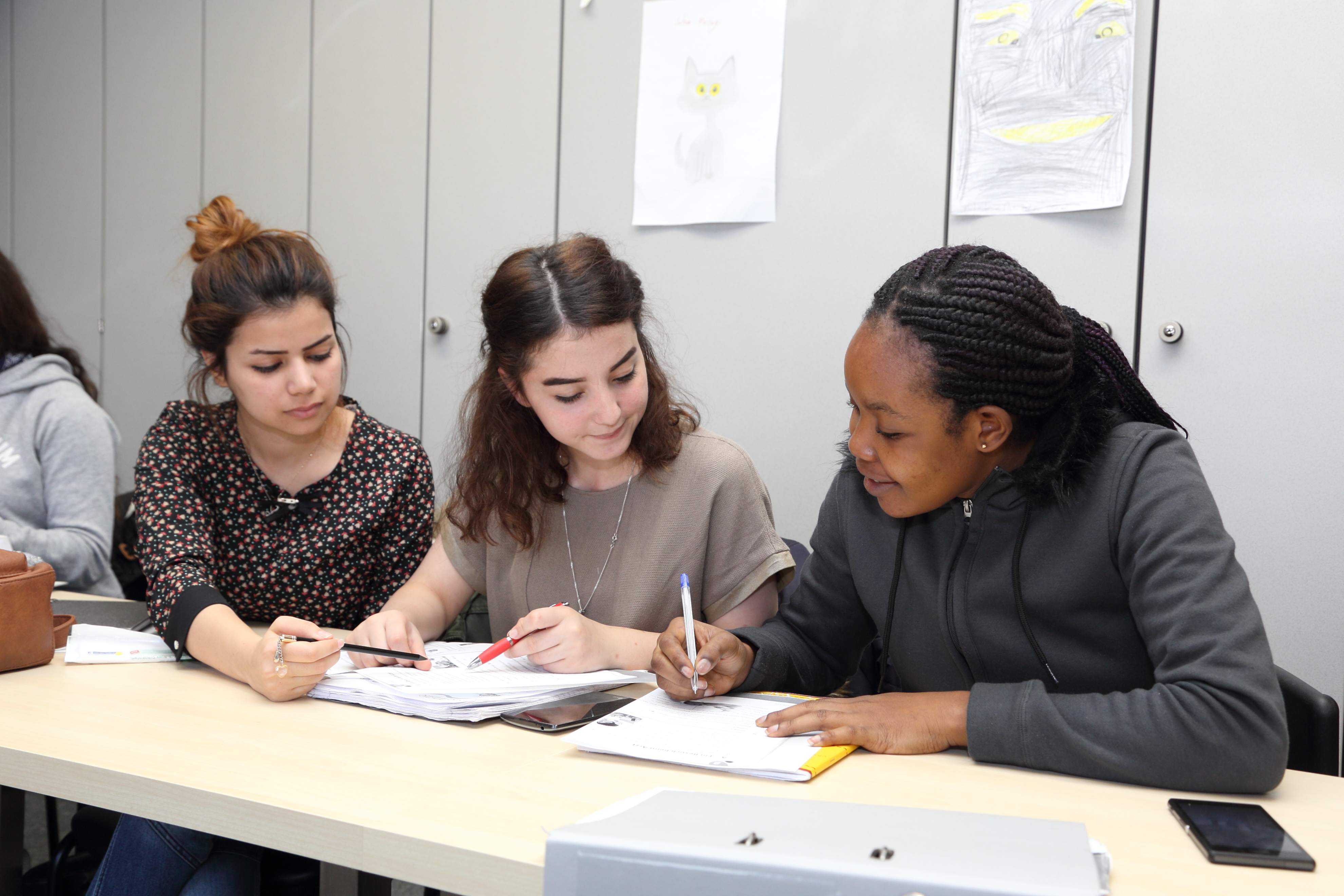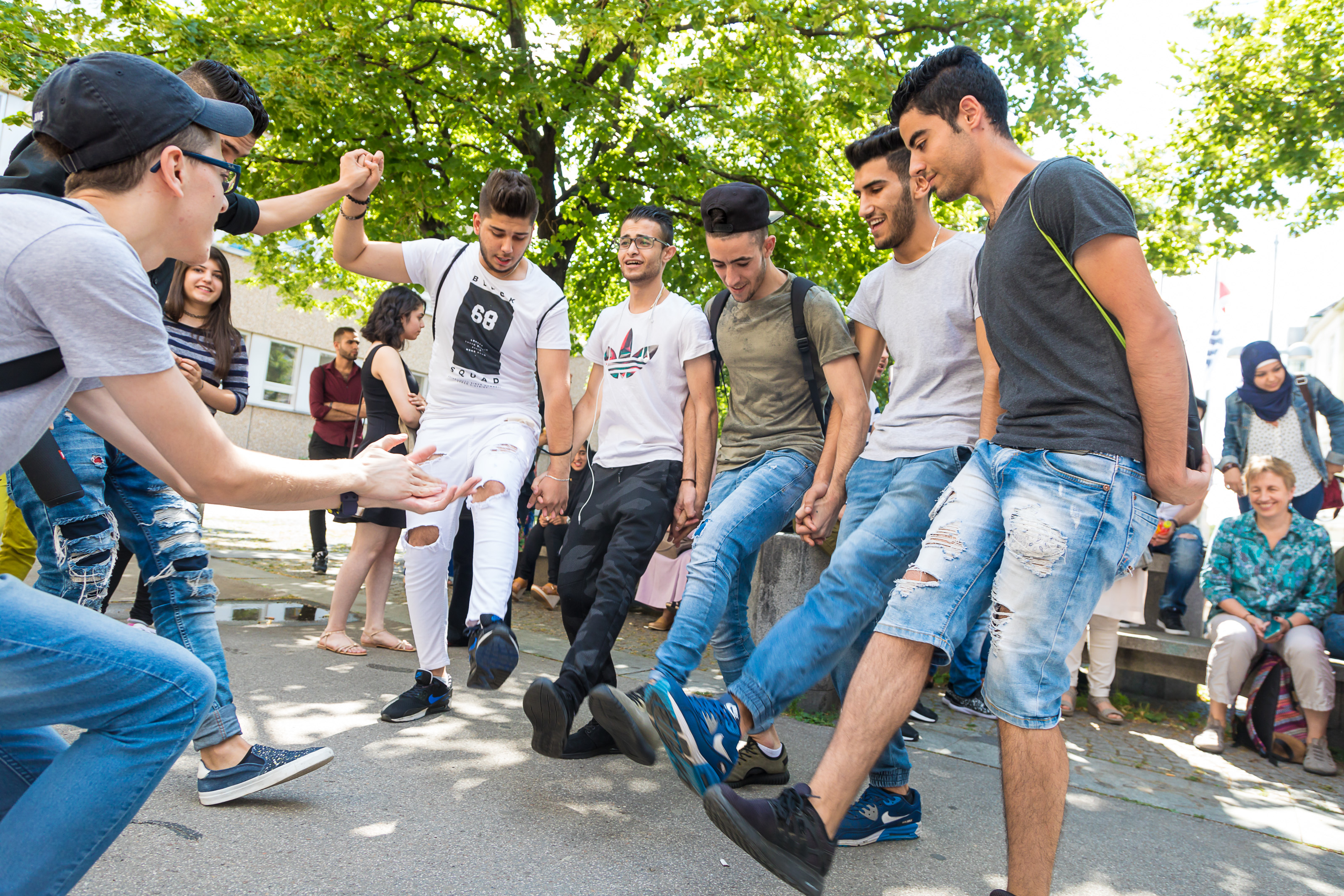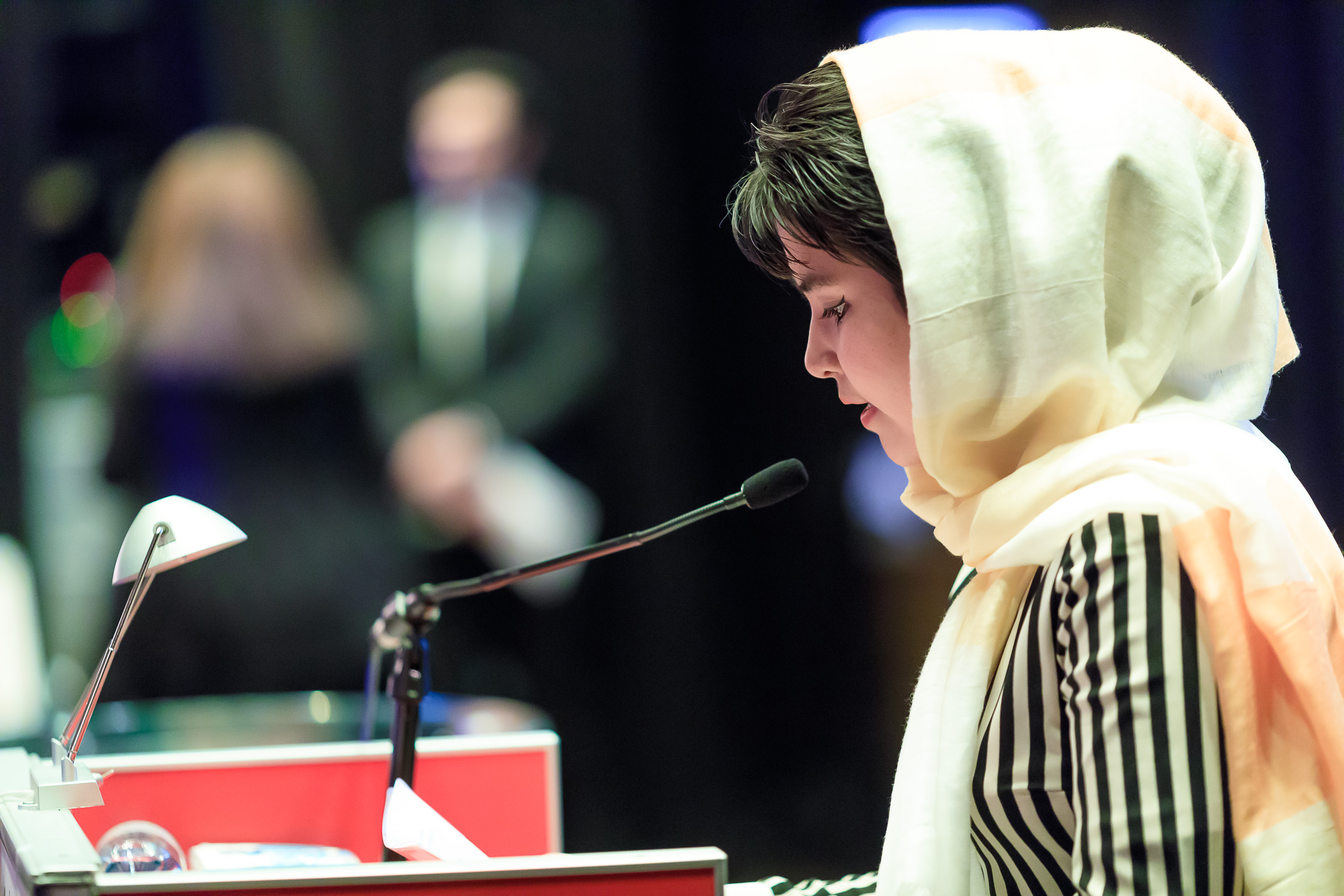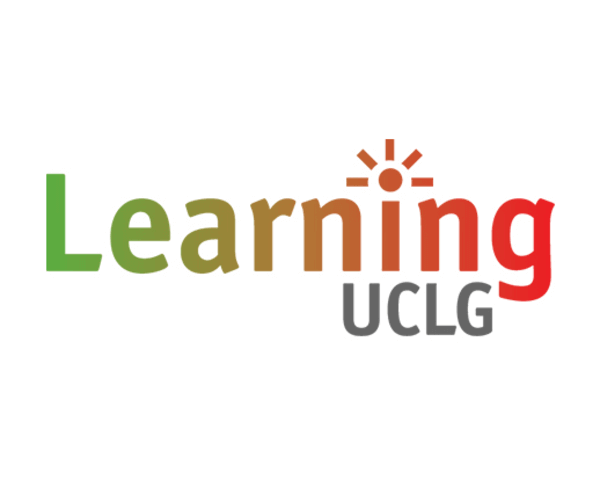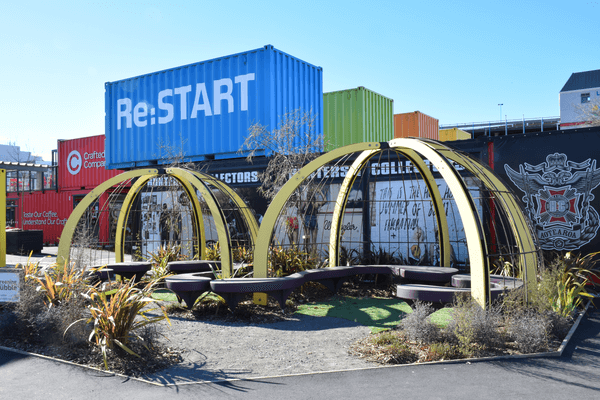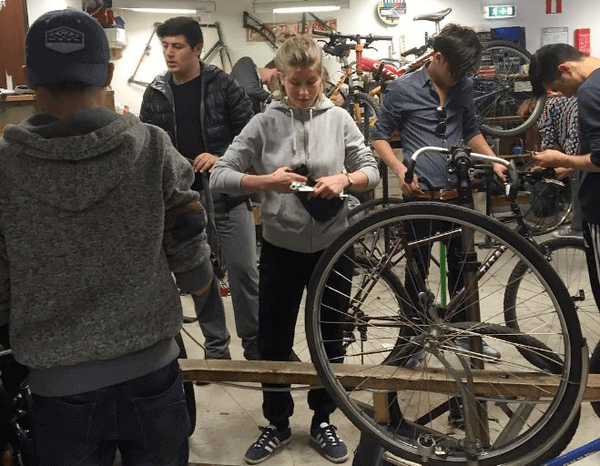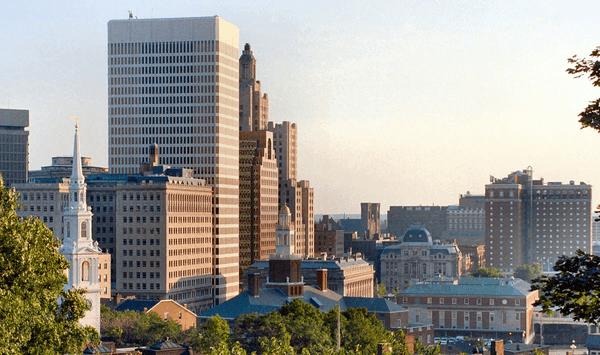City
Vienna
Main actors
City Government, Community / Citizen Group, other
Project area
Whole City/Administrative Region
Duration
Ongoing since 2016
Jugendcollege provides free education, training and a mentoring programme for young migrants, asylum seekers and persons entitled to an asylum or subsidiary protection allowance aged between 15 and 21 in Vienna.
As part of Vienna’s “Start Wien” integration initiative, Jugendcollege helps young migrants lead an independent life by preparing them for further education, vocational training or the workplace. This is achieved through a series of modules in the German language, cultural orientation and personal career development, alongside other social integration activities such as excursions.
With the view that education is crucial to social participation, Jugendcollege supports young migrants in accessing their rights to education and employment and contributes to social cohesion through the reinforcement of common values surrounding gender roles, leisure time, customs and traditions, and mutual learning of the other. The programme operates from two locations in the city and has a total capacity of up to 1000 places.
This case study was developed in the framework of the Mediterranean City-to-City Migration Project (MC2CM), a project coordinated by ICMPD and funded by the European Union and the Swiss Agency for Development and Cooperation. The MC2CM project has been working since 2015 with Amman, Beirut, Lisbon, Lyon, Madrid, Tangiers, Tunis, Turin and Vienna to increase the knowledge base on urban migration. Additionally the project has sought to nurture a peer-to-peer dialogue and mutual learning on specific urban challenges such as social cohesion, intercultural dialogue, employment and provision of basic services for migrants, among others. This case study was selected by the Municipality of Madrid in order to showcase a practice that contributes to social inclusion of migrants at the local level.
This case study was contributed from the UCLG Learning Team (learning@uclg.org).
On Map
The Map will be displayed after accepting cookie policy
